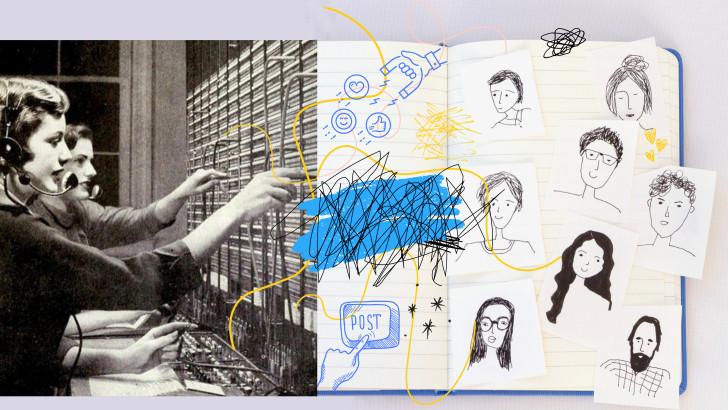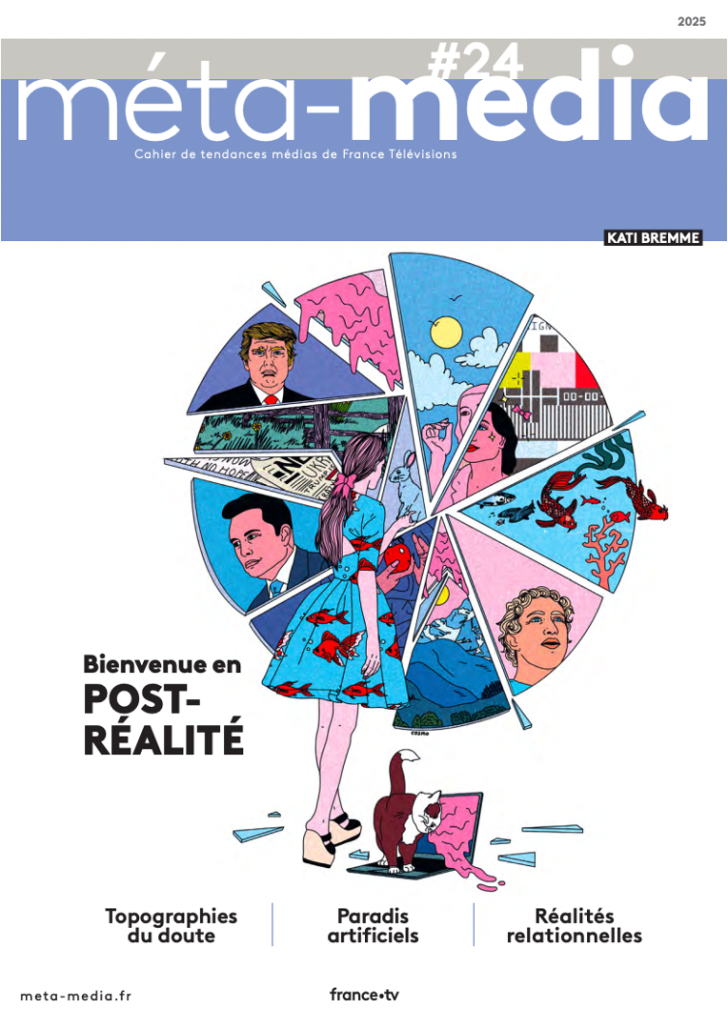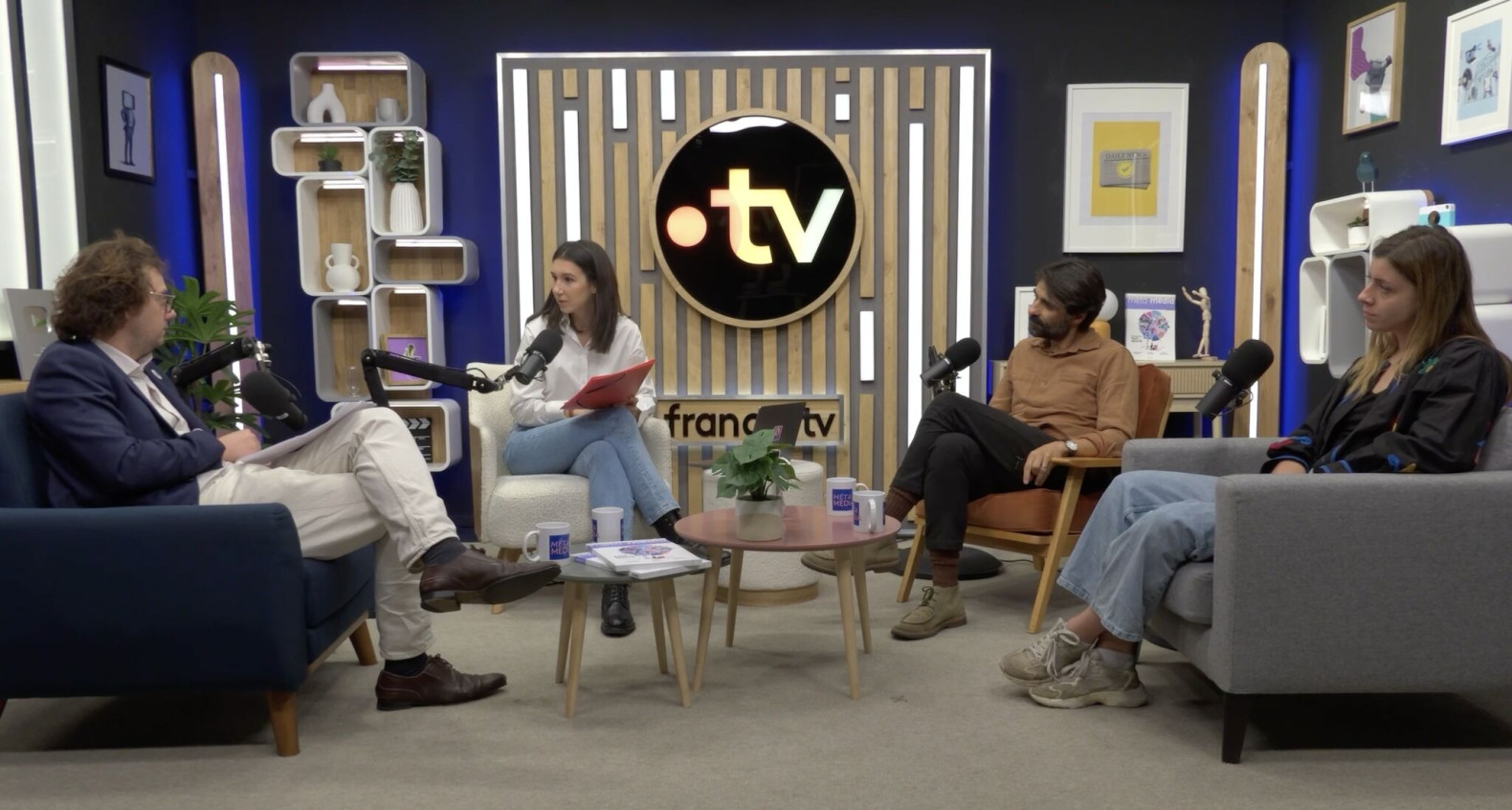After post-truth — chosen as the Oxford Dictionary’s Word of the Year in 2016, in the wake of Trump and Brexit — we have now entered the age of post-reality. Creative agents supercharged by AI, virtual recruiters obsessed with synthetic soft skills, artificial-emotional companions with soothing voices: welcome to a “hyperreality” 2.0 in Baudrillardian style, where illusion feels more convincing than the real thing — and, more often than not, is rated higher by algorithms.

Amid fake news, deepfakes, and virtual worlds, reality itself sometimes wavers, feeling less tangible — and perhaps less desirable — than its simulations. The meteoric rise of (generative) artificial intelligence hasn’t just amplified the production of alternative narratives: it has democratized the power for anyone to craft their own parallel realities, often shaped by personal biases, beliefs, and emotions. This subtle shift is eroding, day by day, the fragile foundations of trust between media and audiences. But to pin this fragmentation of reality solely on generative AI would be reductive — and blind to the deeper forces at play. Thoughtfully designed and governed, these same technologies could also help repair those fractured bonds.
Méta-Media’s new Trendbook invites us to reflect together: what remains of reality when stories, images, and emotions are mass-produced and fine-tuned by algorithms? How do we sharpen our critical thinking in an era where illusion can perfectly mimic the real? What role should newsrooms play in this transformed landscape? How much of the media value chain are we truly prepared to hand over to machines? And above all, what concrete steps can we take to maintain a balance between illusion and reality — and preserve a public sphere where debate is still anchored in a shared sense of truth?

Through this Trendbook, Méta-Media takes you on a journey into the realm of doubt, where “it’s no longer just about distorting reality, but about generating it ex nihilo”; where fake has become a new aesthetic norm, where friendships turn synthetic, where AIs dream up concepts that flesh-and-blood humans adopt and amplify — and yet where human connection remains the anchor binding newsrooms to their audiences. Guiding you through these shifting landscapes are voices from across disciplines: Fabrice Arfi, Étienne Klein, Chine Labbé, Nikita Roy, François Saltiel, and philosopher Apolline Guillot.
Ready to keep your feet on the ground?
Explore the Trendbook here and discover its introduction by Kati Bremme, Director of Innovation at France Télévisions and Editor-in-Chief of Méta-Media there.
Happy read !

 Back
Back
 News
News










